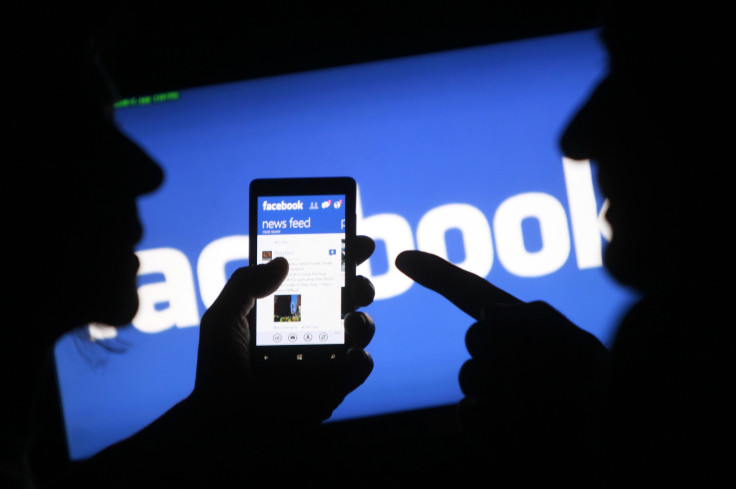Facebook Safety Check Activated In Wake Of Brussels Airport, Metro Explosions

Facebook activated its Safety Check service Tuesday to allow those in Brussels to inform friends and family that they are safe following explosions in the Belgian capital’s airport and subway stations which have left many dead.
On Tuesday morning explosions at Brussel’s Zaventem Airport and two of the city’s metro stations, which have been called terror attacks by the authorities, have resulted in multiple fatalities with the death toll still unknown. The city’s mobile phone network has struggled to cope with the demand and authorities have urged those seeking to contact loved ones to use messaging apps like WhatsApp or Facebook.
Facebook’s Safety Check tool asks users if they are “in the affected area” and would like to notify their friends of their safety. For users outside of Chennai, India, the tool instantly lets them know if any of their friends are in the vicinity and if they are OK. “Quickly find and connect with friends in the area. Mark them safe if you know they’re OK,” Facebook said. The tool can also be used to search for specific friends. Additionally, if you are aware of someone’s safety and want to notify their friends, you can search for that person and hit “Mark Safe.”
As well as Facebook's service, Twitter is also being used to help those affected by the attacks. The #OpenHouse hashtag has been used by those offering shelter and rides to those stranded following the explosions on Tuesday. It was started by Alexandre Alaphilppe, a communications manager, who occasionally works with the emergency services.
He told BuzzFeed News he had been inspired to start the hashtag after a friend’s similar hashtag trended across the French capital in the wake of the Paris attacks.
Uber has also announced it is suspending surge pricing on its service in Brussels while Airbnb has launched a #hostinbrussels effort which will see accommodation offered for free in Brussels for those stranded.
Due to recent events, our service is affected. Demand is high, surge pricing is off, drivers are busy. Be safe and thanks for your patience.
— Uber Brussels (@Uber_BXL) March 22, 2016
Facebook’s Safety Check tool was introduced in October 2014, building on a system the company’s engineers in Japan created after the 2011 earthquake and tsunami called the Disaster Message Board. Since Safety Check’s official release, Facebook has deployed it seven times in 2015 — following the earthquakes in Afghanistan, Chile and Nepal; Tropical Cyclone Pam in the South Pacific; Typhoon Ruby in the Philippines, the Paris terror attacks and the recent floods in Chennai.
Somewhat controversially, however, the company did not activate it for bombings in Beirut, which happened at the same time as the Paris attacks, with CEO Mark Zuckerberg explaining the decision by saying that the tool was still in development and that the Paris attacks was the first time the tool was deployed for an incident other than a natural disaster. “We care about all people equally, and we will work hard to help people suffering in as many of these situations as we can,” Zuckerberg said.
© Copyright IBTimes 2025. All rights reserved.





















